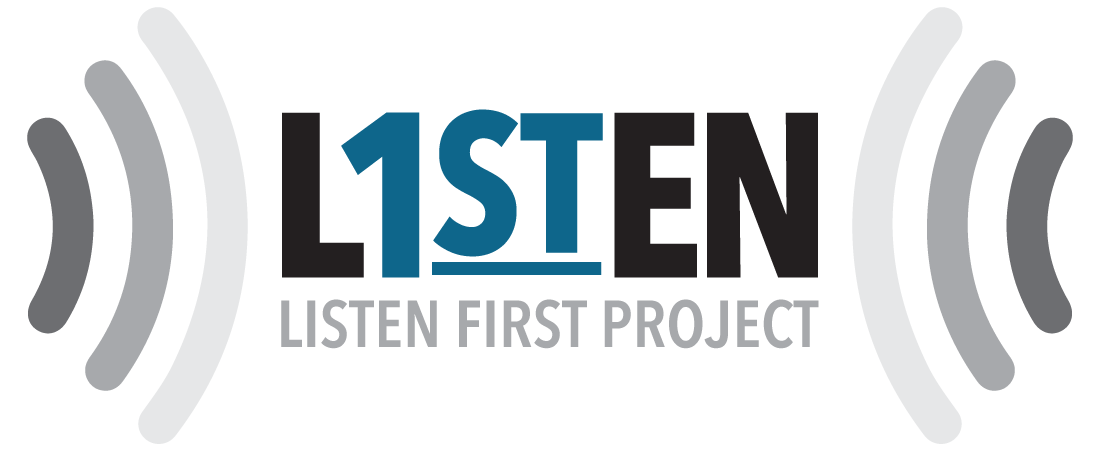Hello? Can You Hear Me Now?
Listening In: From the Perspective of An Actress
Listening is not a one-way street. It goes beyond what the ears can hear and requires much more from us than we can imagine. A listener takes on the responsibility of comprehending the material that is being shared to the best of their ability while maintaining a level of respect amongst the parties involved.
The concept of listening does not necessarily require a reaction or a response. For example, when someone is confiding in you about a situation, you may not always have the right words to say back, and that is okay. One should be able to listen with their heart which goes beyond the auditory sound entering their ear.
As an actress, I have to do a great deal of listening when I am performing. When I have fully immersed myself into the character, it is within my power to effectively convey the message of the story to the audience. In order to do so, I have to be able to listen to my cast and react beyond the words. Acting is more than the words on the page that I have memorized. It is a journey of discovery to find such motives and intentions of that character; motives and intentions that I have to find a connection with by listening to the surroundings of that character. The listening occurs between my character and the audience, my character and the other characters in the show, and finally understanding my character from my director’s point of view.
When performing a monologue, the listening that occurs is between my character in that scene and the audience. I am reciting words from the perspective of my character that I hope brings the audience some understanding within the story. Acting is all about storytelling; I remember a director telling me once before, “there is a conversation occurring between the actor and the character role; a conversation that only you can hear on the inside, but the audience needs to hear only one fluid story from you. Become one with your character.” My goal is to get into my zone and become solidly unified so that the only voice that the audience is listening to is the voice of my character. It is a relationship that I aim to successfully maintain throughout the run of the production. The audience may be moved by the words that they are hearing because they are listening and reacting with their hearts.
When I am connecting with the other actors onstage, we share the same responsibility to cohesively involve the audience into the story unfolding before their eyes. It is a conversation onstage and off stage that again requires listening from the heart. When actors take on specific roles, there are stages of character development and research of the piece that take place before hitting the stage. When I read a script, I listen in for the reasons why and how my character is the way they are based on their circumstances. How is my character viewed by the other characters? What is my character’s intention in bringing forth the story being told? With respect to the playwright’s vision, I make sure to listen to the interactions between my cast, so that we are able to effectively share the story with the audience. In a college production, I was told by a director that the real acting occurs in between the lines – some truth that I have always carried with me.
As an actress, I utilize the constructive criticism to further perfect my craft and based on the listening aspect, I am able to apply that information to my character. With that being said, there has to be open communication between the director and an actor in order to drive the story along. Everyone has to be on the same page, and as long as I am listening to what is being shared from my director’s standpoint, I am then able to connect and breathe life into my character.
Overall, listening is universal. It comes from within and should be respected from all viewpoints.
The audience can interpret the story unfolding before them if they understand what message is being conveyed. Listening is very powerful, and as an actress, it is rewarding to grasp the attention of the audience, communicate with other characters in the show, and externalize information received from the director.
Erica Philpot
June 2016

